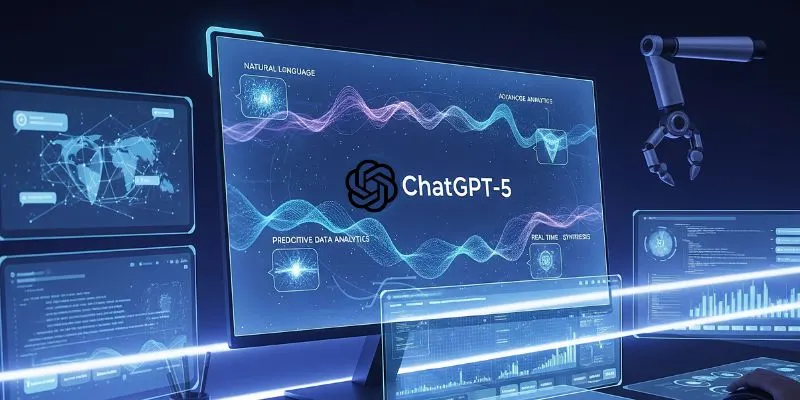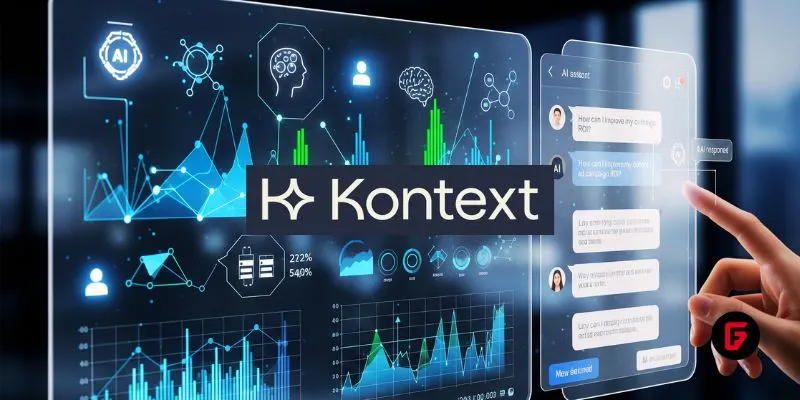By futureTEKnow | Editorial Team
The worlds of artificial intelligence and crypto mining just collided in a big way. CoreWeave, the AI infrastructure powerhouse, is back at the negotiating table to acquire Core Scientific, a company that’s gone from post-bankruptcy underdog to one of the hottest data center stories of 2025. This isn’t just another M&A headline—this is a glimpse into how digital infrastructure is being reimagined for a new era.
On June 26, Core Scientific’s stock rocketed as much as 35% after reports surfaced that CoreWeave is reviving its acquisition bid. Trading was briefly halted as investors digested the news, and by the end of the day, Core Scientific’s market cap was flirting with $5 billion—a staggering leap from last year’s $1 billion offer from CoreWeave.
Meanwhile, CoreWeave’s shares dipped slightly, a typical move for the acquirer in these scenarios, but the bigger story is what this deal could mean for the future of both companies—and the industry at large.
Both CoreWeave and Core Scientific started their journeys in the crypto mining trenches. But as Bitcoin mining margins tightened and the AI boom took off, they pivoted hard. Core Scientific now runs 10 data centers with 1,300 megawatts of capacity, and has shifted its focus to high-performance computing for AI workloads. The company’s recent earnings show a profit of $580 million in Q1, even as mining revenues fell short due to the latest Bitcoin halving.
CoreWeave, on the other hand, has transformed itself into a go-to provider for AI cloud infrastructure, serving big names like Microsoft. The company’s appetite for power is massive, and that’s where Core Scientific comes in: the two already have a 12-year partnership worth over $10 billion, with CoreWeave contracted for nearly 600 megawatts of Core Scientific’s capacity.
This isn’t just about one company buying another. The real story is the convergence of AI and crypto mining infrastructure. Data centers built for Bitcoin are being rapidly repurposed—or rebuilt—to host the GPU clusters that power generative AI, machine learning, and cloud computing. The demand for electricity and cooling is off the charts, and companies like CoreWeave are racing to secure every available megawatt.
But it’s not as simple as swapping out mining rigs for GPUs. Analysts warn that true AI workloads often require new facilities, not just retrofits. Still, Core Scientific’s real estate and power contracts make it a prime target for anyone looking to scale up AI operations fast.
Sources say a deal could be finalized in the coming weeks, assuming negotiations stay on track. The terms aren’t public yet, but with Core Scientific’s valuation now several times higher than last year’s bid, expect a hefty price tag.
For the rest of the industry, this is a wake-up call: the lines between crypto and AI are blurring, and the battle for data center dominance is just heating up.

Traditional Medicare will pilot AI-assisted prior authorization in 2026 across six states, focusing on high-risk outpatient services. Clinicians retain final say, but incentives and access concerns loom as CMS tests fraud reduction and “gold card” exemptions. Here’s what providers and patients should know.

OpenArt’s new “one-click story” compresses scripting, visuals, and edits into ready-to-post short videos—fueling viral growth and a fresh IP debate. We break down how it works, adoption signals, what’s next (multi-character, mobile), and practical guardrails creators and brands should follow to stay original and compliant.

OpenAI’s o3 swept the Kaggle AI chess tournament, defeating xAI’s Grok 4–0. The victory fueled the intense rivalry between Altman and Musk, reshaping AI benchmarks.

Pinterest’s CEO confirms that fully agentic AI shopping is years away, as the platform invests in AI-powered tools to enhance discovery, inspiration, and personalized shopping experiences for millions.

Shopify’s new AI shopping tools are transforming e-commerce, letting agents and chatbots deliver smooth, personalized shopping and checkout experiences across platforms. Learn how these innovations reshape online retail.

Meta has acquired WaveForms AI, a startup pioneering emotion-detecting voice technology. Learn what this means for Meta’s AI voice ambitions and the future of AI audio.

Tracelight is revolutionizing financial modelling for finance professionals with AI-powered Excel tools that automate complex tasks, reduce errors, and unlock new analysis capabilities. Learn how this next-gen solution changes the future of spreadsheets.

Microsoft rolls out GPT-5 across its Copilot suite, integrating smarter AI for enterprise and personal users. Discover new features, free access, and what sets this launch apart.

OpenAI’s GPT-5 is now live for all ChatGPT users. It brings faster, smarter AI with improved reasoning, expanded context, and safer outputs—marking a major leap in generative technology.

Chai Discovery’s $70M funding ushers in a new era for AI-powered antibody design, promising faster, more successful drug discoveries with its breakthrough Chai-2 model.

Discover how Google’s Gemini generative AI is revolutionizing Android—making your phone smarter, faster, and truly personal with next-gen features and privacy-first innovation.

Kontext lands $10M seed round to fuel its generative AI advertising platform, enabling brands to deliver personalized, context-rich real-time ads in AI applications and chatbots.
To provide the best experiences, we use technologies like cookies to store and/or access device information. Consenting to these technologies will allow us to process data such as browsing behavior or unique IDs on this site. Thanks for visiting futureTEKnow.